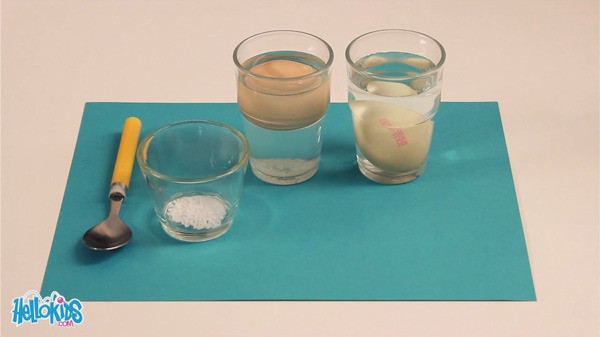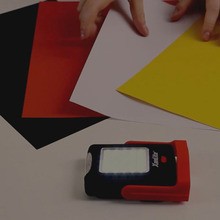Archimedes' principle
An easy experiment for kids that doesn't need much materials to conduct the project. You will learn how to float an egg and why it floats!
How does it work?
This experiment involves Archimedes' principle, an Ancient Greek scientist. A law of physics.
The egg is heavier than soft water, that's why it sinks in it. However, salt increases the density of the water which makes the buoyancy stronger, and makes the egg lighter. That is why it floats.
In the Middle-East, the Dead Sea has so much salt, that it is dense enough to make people foat without any effort!
Necessary materials
- Two eggs
- Two glasses of water
- Coarse salt
- A spoon
How to make this experiment?
- Plunge one egg into one of the glasses of water. You'll notice that it sink.
- Pour salt into the other glass and stir it until it dissolves.
- Plunge the other egg in the glass of salty water. It float!





